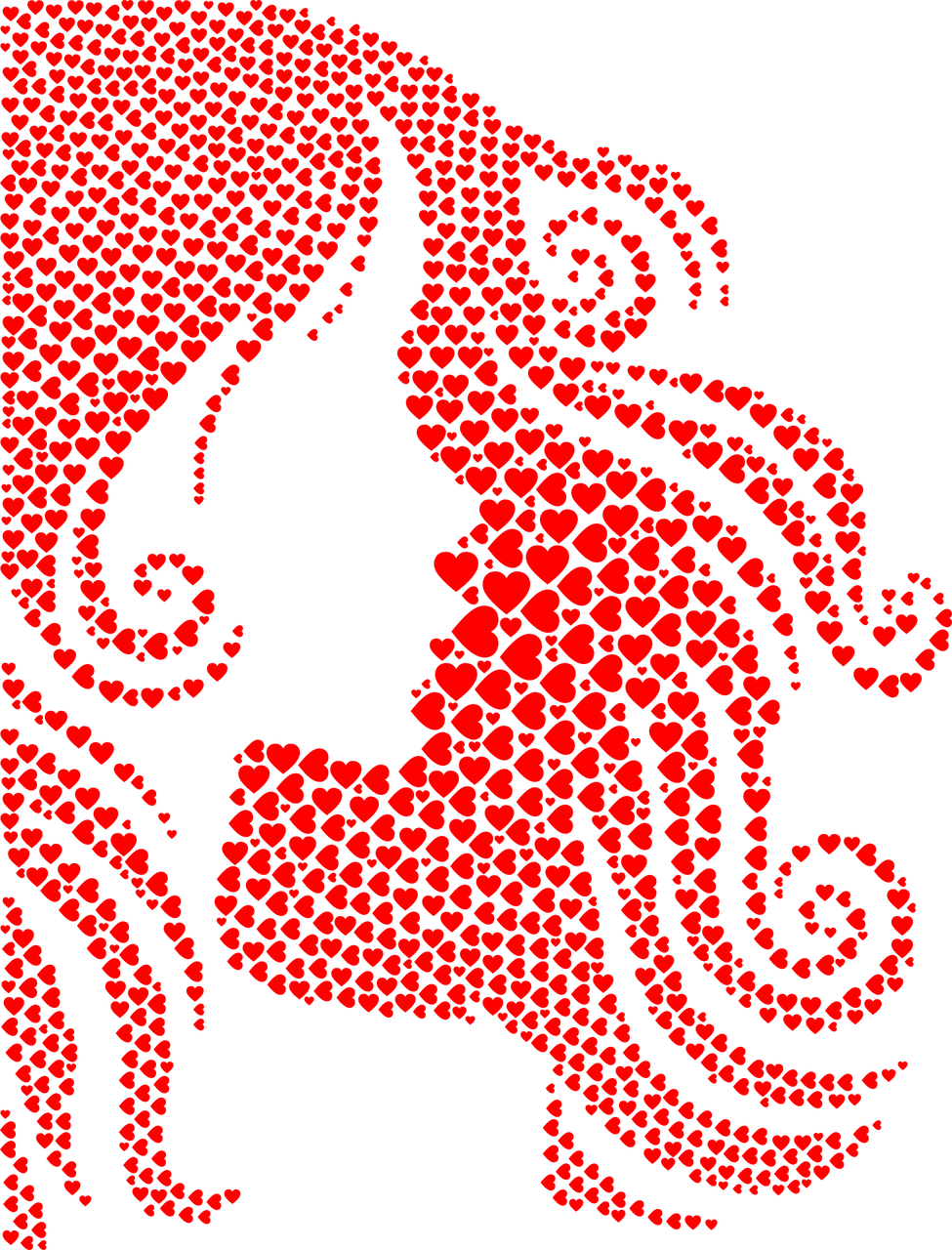
Why I Stopped Covering My Hair After Almost 20 Years
I was a feminist before I even heard of the term, and there were a lot of questions on women and Judaism that demanded answers before I could become Orthodox. But the Jewish outreach establishment has developed a whole pseudo-philosophy to deal with young women like me by cherry picking certain quotes about women and blowing them all out of proportion, and conveniently neglecting to mention the rest. Enough of my questions were answered that I became Orthodox. I committed fully, including covering my hair upon marriage. It’s what all the Orthodox people I saw did, and I felt you couldn’t just pick and choose.
While my original questions on women and Judaism were answered, new and more informed ones developed over the years, like: Torah is supposed to be the center of our lives, so why is it verboten for women to celebrate Simchat Torah in most communities? Men’s religiosity is measured by how much Torah they learn and how much they do, and women’s religiosity is measured by the opposite? Why is it that the “more” Orthodox a group is, the less the women are taught? Never mind things like being part of a minyan, why were women “not supposed” to do things that halachah clearly says they can— like light a menorah, or make Kiddush when there is no adult male around? Why did the rabbis get downright apoplectic at the idea of women saying Megillat Esther for other women? Since when is someone forbidden from performing a mitzvah for someone else with the same level of obligation?
That was the philosophical side. Then there was the way that women are actually treated- in particular when they have the chutzpah to go against Jewish men. Jews have figured out how to eat bread on Pesach, but still haven’t figured out how to prevent women from being agunot, chained wives? Numerous times, I have heard divorcing women and their friends express shock at the way that rabbis treated them. In Brooklyn I heard about a fund-raising dinner to help pay the legal bills of a male therapist accused of sexually abusing a female client– while the girl and her family were kicked out of town.
A friend of mine had married a promising young rabbi and the two of them became a power couple in their part of the Jewish world. After some years, the man became emotionally abusive like his father had been. She finally told her parents and filed for divorce. The Jewish organization they both worked for said she would never be allowed to work for them or any other similar organization again, lest she spread her bitterness to other young women. He is still working for the same organization. Rabbis she thought were her friends and mentors turned on her.
None of this made sense in terms of Torah, Talmud, or serving God. I reminded her of the book 1984 by George Orwell: the purpose of power is power. And, as a group, Orthodox rabbis repeatedly proved themselves to be no different.
I always hated covering my hair, and I was never quite convinced that it was a mitzvah. Learning how editors at traditional Orthodox publishing houses added hair coverings to past pictures of Orthodox rebbetzins’ uncovered heads, or omitted the wives altogether, did not help. Also, I met plenty of lovely Orthodox women who did not cover their hair. So I began to ask myself: why was I doing this? My original decision to cover my hair rested on the presumed integrity of the rabbis that said this was something I must do. Over the years, my trust had been betrayed countless times, until they finally lost all credibility when it came to issues concerning women. The persistent “halachah shmalachah, the answer is no” attitude, and the callousness to women’s suffering took their toll. It was the ideal of integrity that attracted me to Orthodox Judaism, and the observed lack of integrity I saw that caused me to stop covering my hair.
Yet I still wasn’t ready. Quite frankly, I was scared. Not of my family—they wouldn’t care. Not of my Orthodox friends, since most didn’t cover their heads either. Not of the other members of the dominant, more right-wing Orthodox community. I had become a persona non-grata years earlier when I had a women-only Simchat Torah celebration at my house with a Torah scroll (gasp!). It’s just that, after completely covering my hair for almost twenty years, I was scared to stop.
I talked it over with my husband and plotted a course of action. (My marriage always comes first. Call me out for being so very not feminist, but it’s my marriage and I’m not messing with it). First, I got a professional haircut and color. Then I bought a small arsenal of Shabbos hats (I decided I would still wear a hat to shul on Shabbos). I debated when to tell my children, but as soon as my 10-year-old daughter saw the new hats she said, “So, you are not covering your hair anymore?” I “practiced” by not wearing a snood at the gym. No one is going to stare at you, I exhorted myself, they won’t even know anything is different. I still wasn’t ready, heck, what’s the rush?
And then I was.
The first time they saw me, my friends and co-workers had no idea who “that lady” was in Marina’s office, or why she was being so friendly to them. A couple of the Orthodox women who covered their hair and whom I was friendly with shot me a look, the same look of betrayal that I had shot at other women when I saw them with their hair uncovered for the first time.
Now it has been two and a half years since that evening at Foxboro. I look older without my stunning wig (a gorgeous auburn color with splendid highlights), and have to contend with hair that is thinning, graying, and needs more frequent trimming. But it’s my real hair and I love it. When I took off my wig, I sloughed off the part of me that would intellectually contort so as to be blind to the absurd, and that would desperately seek rabbis to explain all the bad things away. I am no longer dependent on others to interpret for me what I can see just fine on my own. I have become a more authentic version of myself.

2 comments on “Why I Stopped Covering My Hair After Almost 20 Years”
Comments are closed.




Painful to read of your numerous betrayals. However, your key point that “my original decision to cover my hair rested on the presumed integrity of the rabbis that said this was something I must do” is the keystone to all of Orthodox Judaism. Orthodox Judaism stands ONLY on the authority of rabbis, despite the occasional scoundrel. When Jews decide to ignore the rabbis and interpret the Torah according to their own whim or comfort, that’s the end of Orthodox Judaism. By declaring this philosophy, you are declaring yourself not to be Orthodox. Orthoprax in many ways, but not Orthodox.
That all being said there’s no Real need to Be Orthodox, now is there? There are many different kinds of Jews.